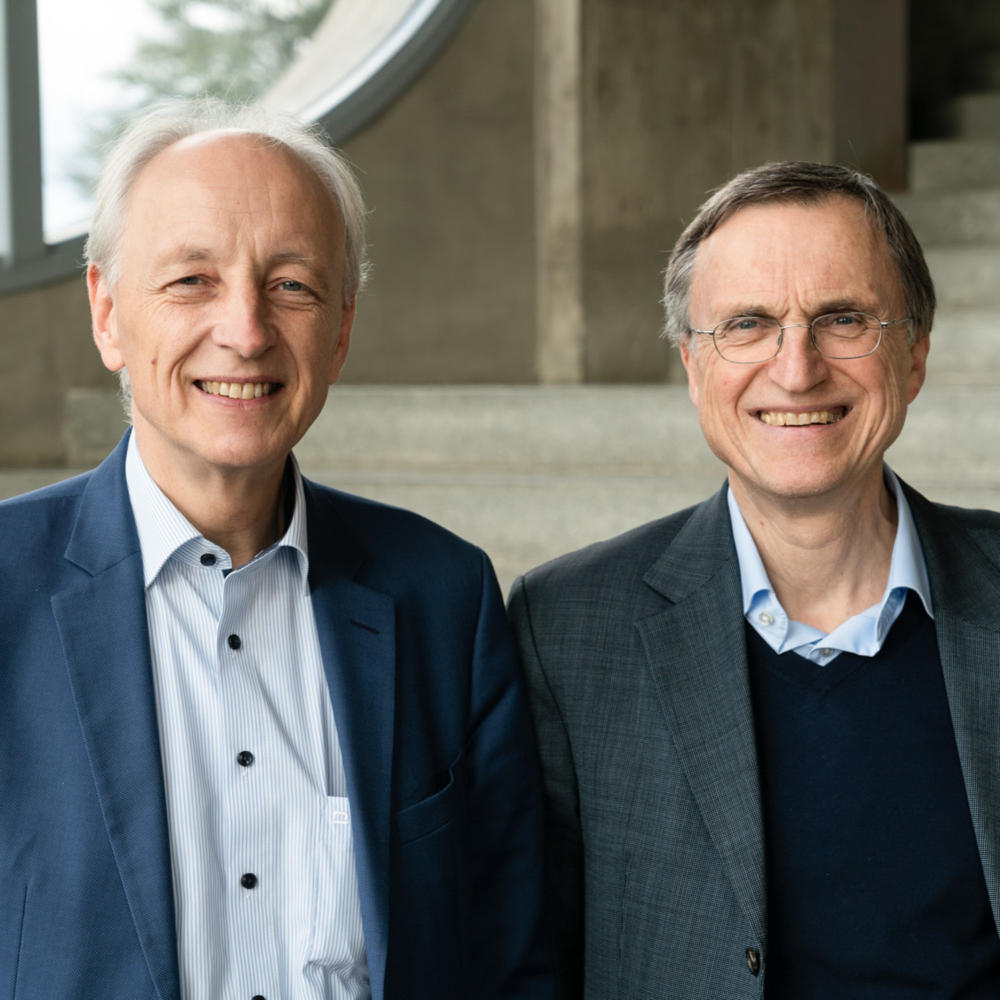A hundred years
At Easter 2020 Anthroposophic Medicine will celebrate its one hundredth birthday. The special anniversary will be marked with various events and through practice and research.
In his first course for physicians, Geisteswissenschaft und Medizin (GA 312)¹, Rudolf Steiner presented the foundations of a medicine extended by spiritual science. For many therapeutic professions these were the very first guidelines on topics such as human physiology (cardiac function, for instance), meeting the patient (questions of history-taking), disease pictures and their therapies, and even dentistry. Steiner provided impulses for pharmacists on mistletoe preparations for cancer treatment, on nursing and massage, balneology and oil dispersion baths. Many of these presentations have long been proven successful in practice, such as mistletoe therapy in oncology, for instance, or the link between the microbiome and the nervous system and the importance of external warmth applications in diabetes.
Ongoing development
Rudolf Steiner’s intensive collaboration with physicians, Ita Wegman in particular, made it possible to further develop and conceptualize Anthroposophic Medicine, which has since then continued to evolve, alongside anthroposophic pharmacy, in practice and research, teaching and literature. Especially within the context of ‹Western› medicine, the anthroposophic approach is fundamentally innovative and integrative. The practising of anthroposophic medicine requires thorough natural-scientific medical and pharmaceutical knowledge extended by phenomenological and spiritual-scientific insights. It is therefore true to say that Anthroposophic Medicine is a pioneer in the field of integrative medicine.
Impulses receive momentum and effectiveness out of their inner essence, their spiritual identity. Any separation from an original impulse results in weakening. Anthroposophic Medicine must therefore be recognizable in its essence and methods and its role in inspiring modern medicine must be understood: it lies in promoting individual human development in health and illness through solidarity-based community-building.
¹ Published in English in 1999 as Introducing Anthroposophical Medicine by Anthroposophic Press, Hudsons NY (translator: Catherine E. Creeger).
Web www.medsektion-goetheanum.org/en/anthroposophic-medicine

